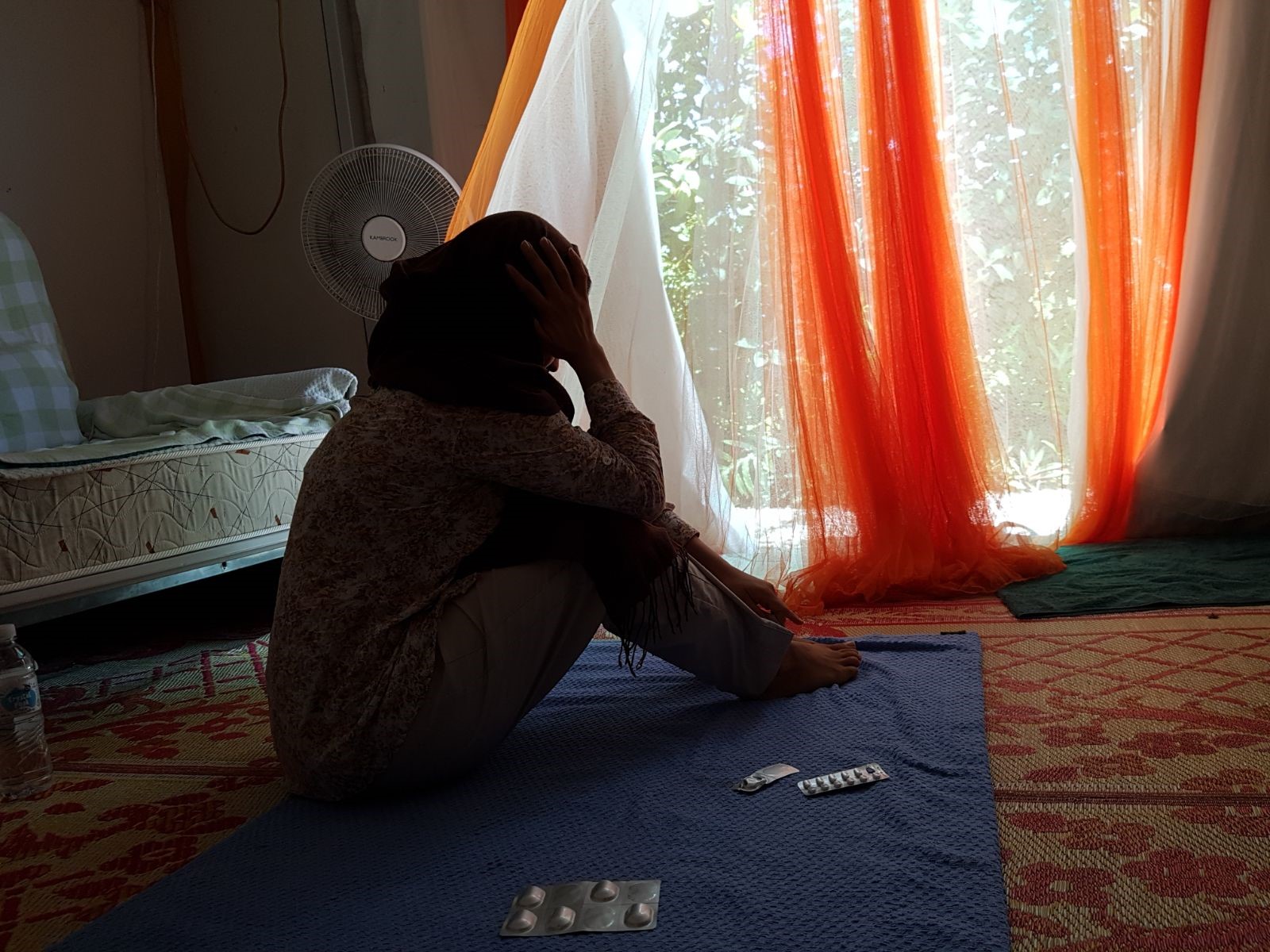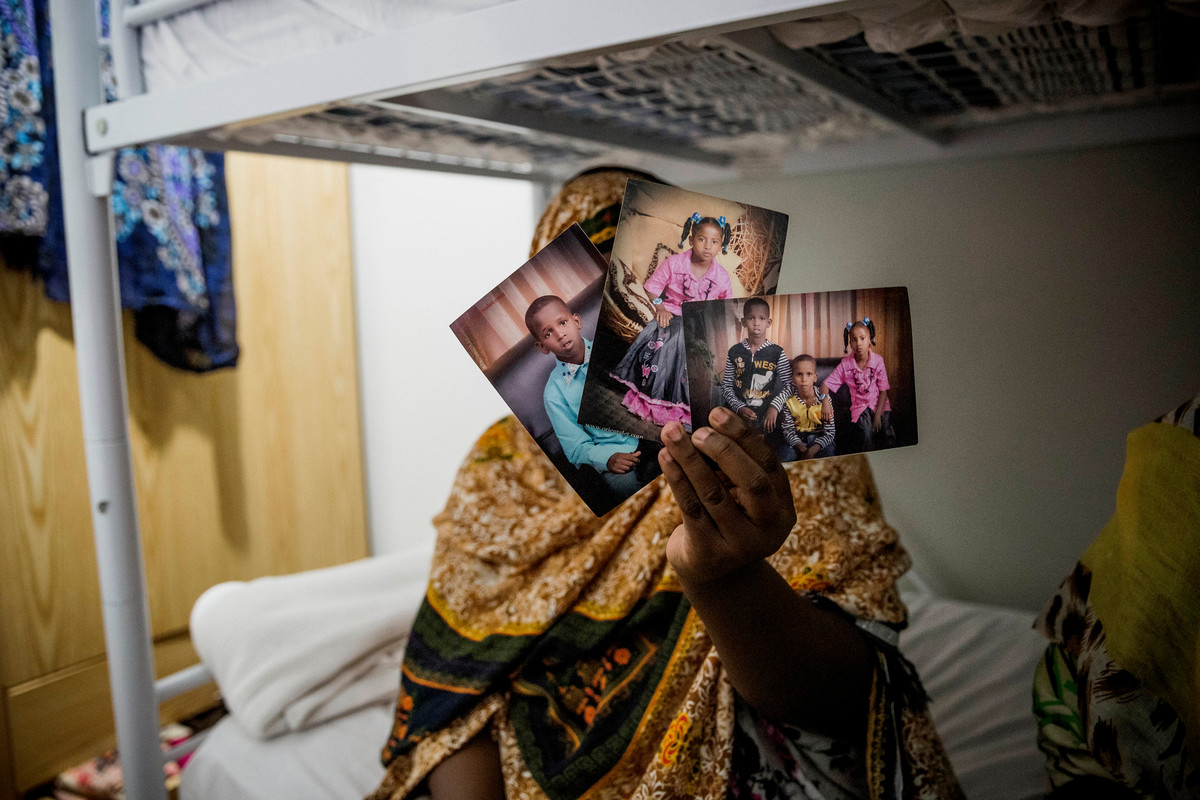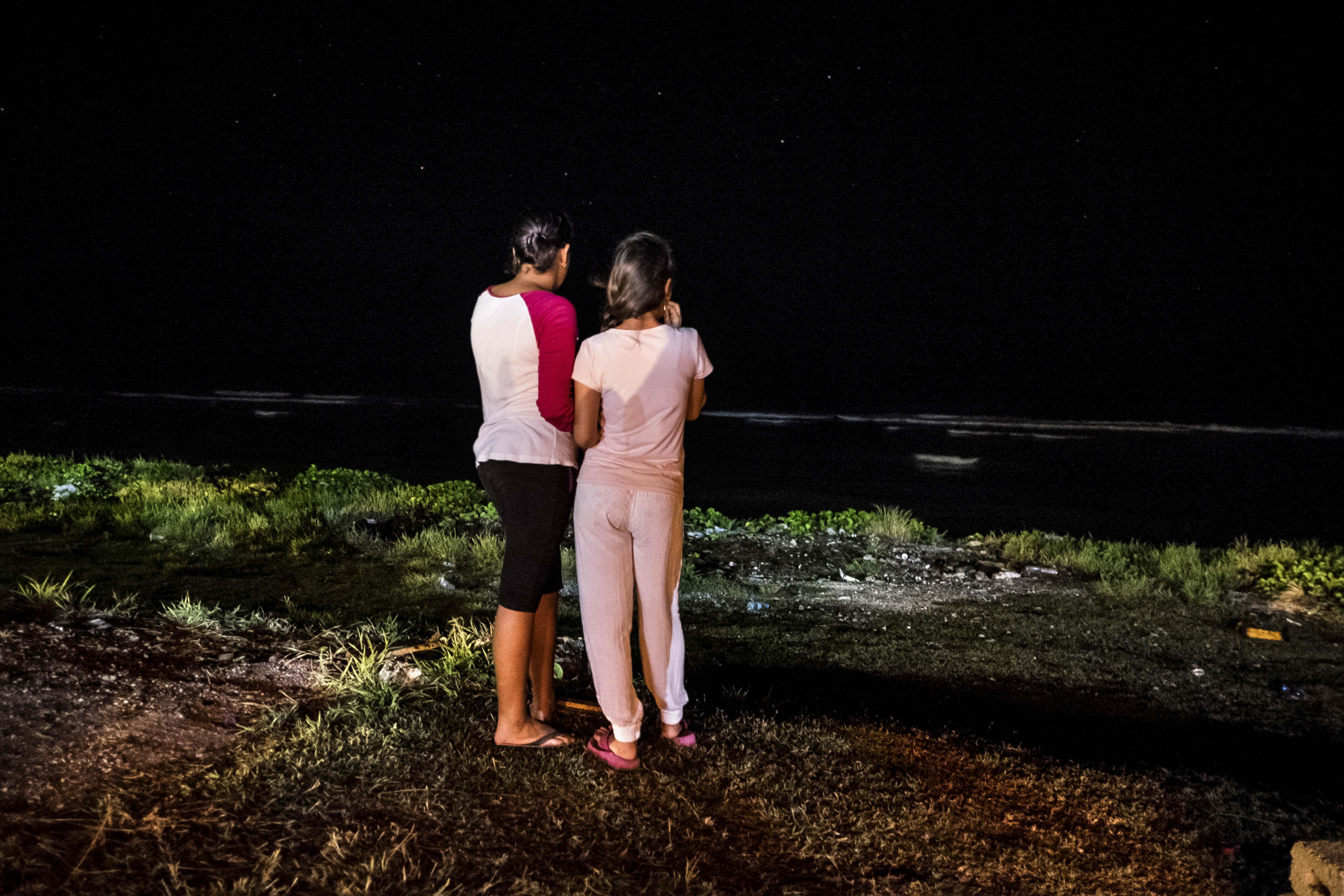Op-ed by Louise Aubin, UNHCR Representative
Op-ed by Louise Aubin, UNHCR Representative

New Zealand and its people have a long and impressive history of welcome and solidarity. From centuries-old Maori traditions of Pōwhiri to the outpourings of support for Muslims following the Christchurch attacks, Kiwis are justifiably proud of their hospitality and multiculturalism. At a time when an increasing number of countries globally struggle with xenophobia and fear, New Zealand stands tall, promoting diversity, openness and compassion.
Faced with the enormity of the global refugee crisis, it can be understandably difficult to know where to start. Beyond the New Zealand Government’s successful programme that resettles refugees to come and live here, and which will increase to 1500 next year, many ask what more can be done, given the desperation of so many to reach safety?
At UNHCR, the UN Refugee Agency, we receive thousands of enquiries from individual citizens across the world each week, asking how they can help refugees. Perhaps our favourite in recent years was received from 10-year-old Harry and Ben in Christchurch. Their primary school was researching the meaning of asylum and UNHCR’s role worldwide. “We were wondering if you had ideas on how to help the Syrian refugees,” they asked us. “We would rather not just ask people for money and we think there might be other ways of helping.”
Young Harry and Ben were spot on. Last year, New Zealand undertook a refugee community sponsorship model for the first time. The small programme of six refugee families involved communities in helping them settle, and supporting the families’ efforts in becoming self-sufficient and fitting in. The results have been encouraging. Not only because the project has brought communities together, helped refugees find their feet and feel at home more quickly, but because of the less tangible benefits the experience had for all involved: an immeasurable sense of hope, gratitude and stronger community bonds felt by refugee families and their sponsors alike. For those having to re-start life in a new place, the sense of safety a community provides is priceless. Sending photos of their new home back to loved ones around the world, a family settled with the Timaru community group wrote simply but powerfully, “We are safe; we are happy.”
The results of this first experience with community sponsorship of refugees proved New Zealanders have what it takes to do more. Community sponsorship is a sustainable and scalable way for everyone to get involved in supporting refugees in a real and personal way. And the model in many other countries has shown that it works. Evidence from Canada, Ireland, the United Kingdom and Argentina has shown, as in New Zealand, that community sponsorship builds long-lasting bonds between sponsors and refugees, enriches host communities in ways they never imagined and fosters more positive attitudes toward refugees.
Before founding a community sponsorship group in Christchurch, Nick Regnault asked a newly arrived refugee what he most wished he’d had when he first set foot in New Zealand. “I wish I’d had a friend,” was the answer. Regnault drew resolve and inspiration from the meeting. “I thought, we can do this,” he says, “because who can’t be a friend?”
The diversity of people and places that now welcome refugees around the world demonstrates that such gestures of friendship and care are universal. The New Zealand initiative has attracted cross-party support. Sponsors range from teachers to artists, retirees and restauranteurs.
We’ve all learned from this first experience in New Zealand to inform where this important program goes from here. Working in partnership, UNHCR, the New Zealand Government and thousands of big-hearted people around the country, have the opportunity to show once more that we can do this. So let’s.
UNHCR, the UN Refugee Agency, works in partnership with refugees, governments and civil society, including the Global Refugee Sponsorship Initiative - an initiative promoting community sponsorship globally that includes the Government of Canada, the University of Ottawa, the Giustra Foundation and Open Society Foundations.
Originally published in the New Zealand HeraldLink is external






